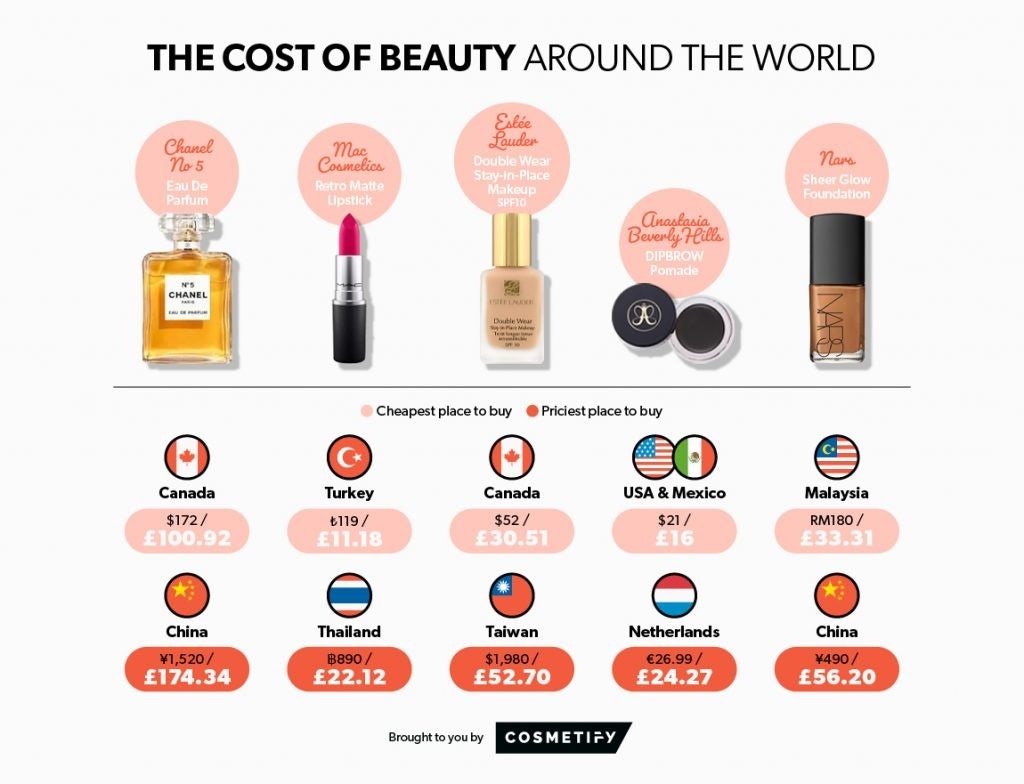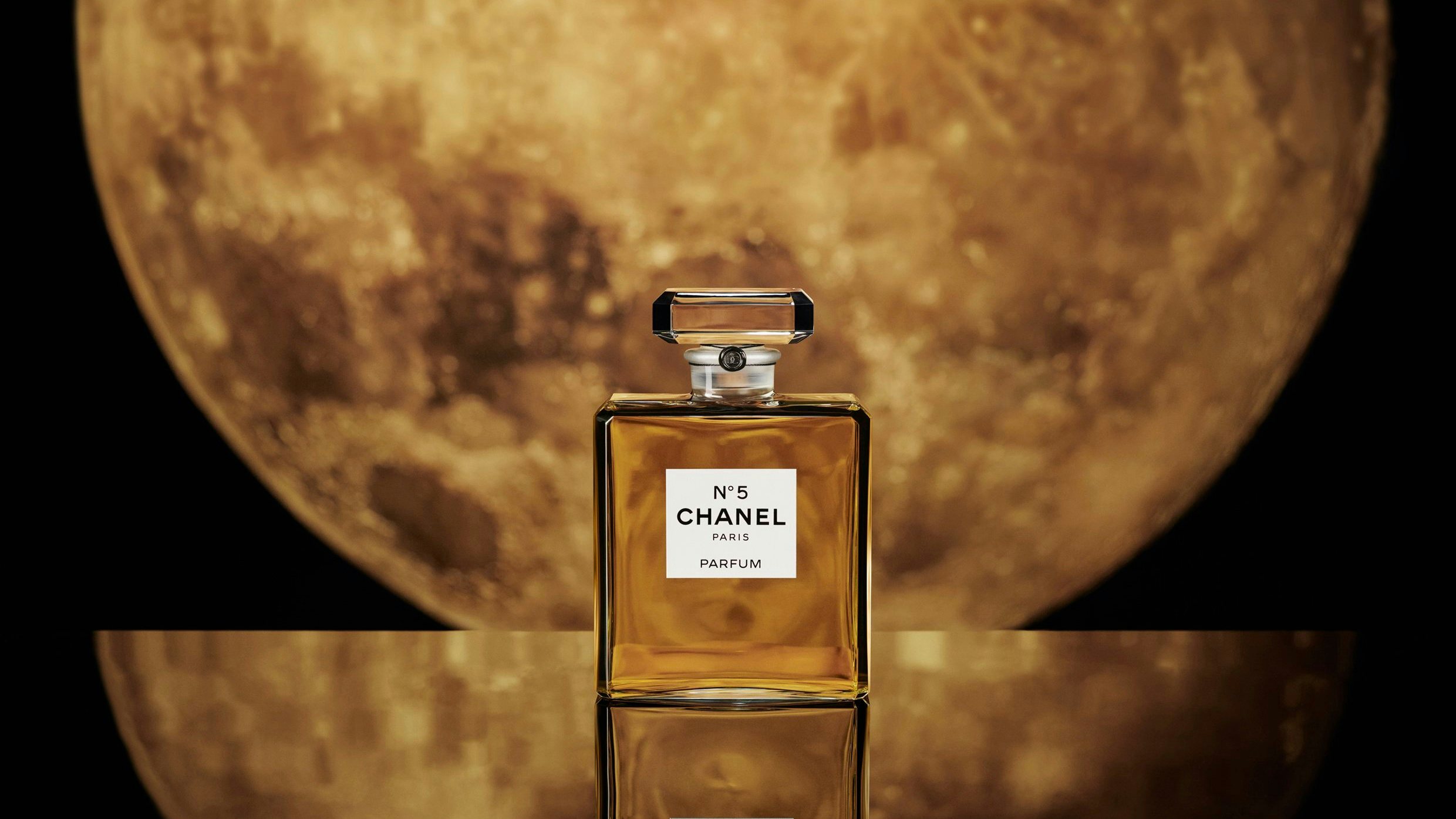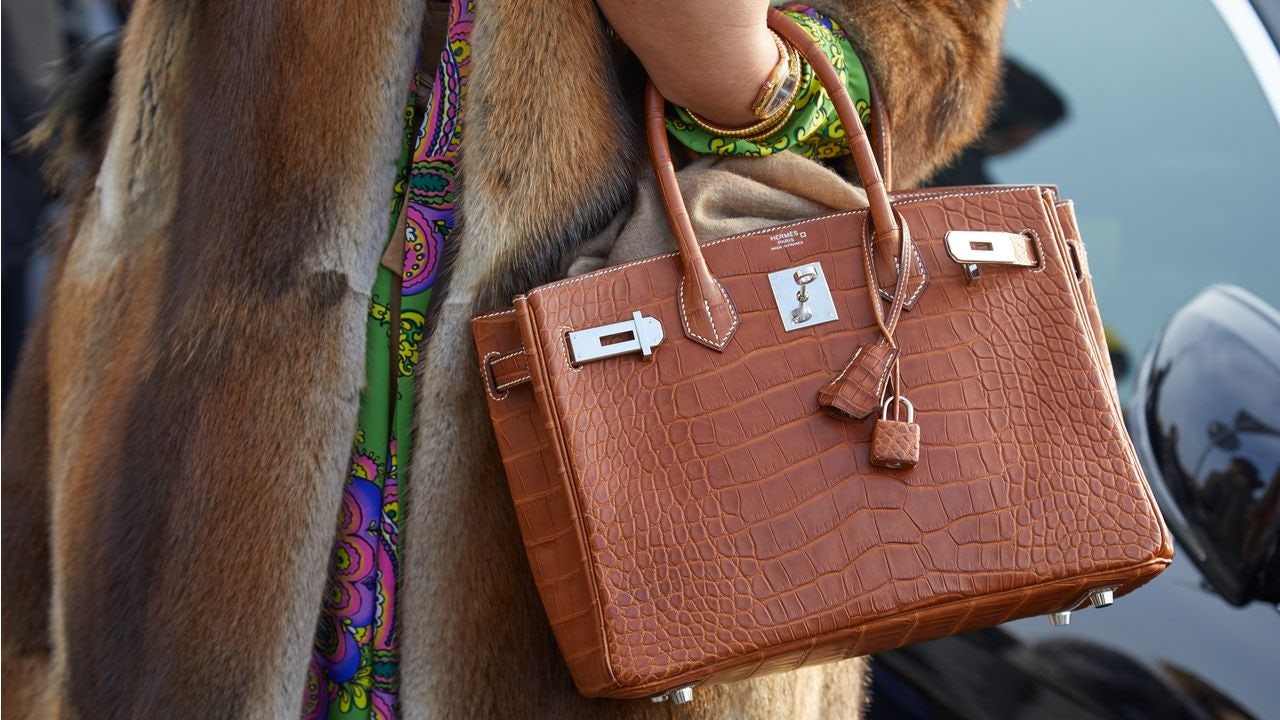What happened
Many Chinese consumers have suspected that most cosmetics are priced higher in Mainland China than in other overseas markets. And recently, a British beauty product pricing site called Cosmetify issued a report to confirm their fears. The document used five representative beauty products as templates and compared their prices within 50 different countries and regions worldwide. The results revealed that the Mainland China market prices for these products cost the most, followed by Thailand, Taiwan, the UAE, and Denmark. For example, Chanel No. 5 perfume costs around 240 dollars (1520 yuan) in Mainland China but only around 136 dollars (172 Canadian dollars) in Canada.

Jing Take:#
Netizen reactions showed that this news was not surprising to Chinese consumers. International cosmetics brands entering the Chinese market have long had to pay customs duties, consumption taxes, and value-added taxes — alongside transportation costs — which are all factors that raise prices in China. As such, China’s Daigou business, which allows consumers to evade import duties, emerged to help citizens attain these products more cheaply.
Yet, shoppers can purchase lower-priced, international beauty products domestically. In its report titled "China’s Unstoppable 2020 Luxury Market," Bain & Co. pointed out that cosmetics prices are 25-40 percent lower in Hainan’s duty-free stores than in Mainland stores. As COVID-19 continues to limit Chinese buyers’ international travel, and the country continues to crackdown on its Daigou business, we expect China’s luxury lovers to turn even more towards Hainan’s appealing duty-free malls, which have become a growing offline opportunity for Western luxury brands.
The Jing Take reports on a piece of the leading news and presents our editorial team’s analysis of the key implications for the luxury industry. In the recurring column, we analyze everything from product drops and mergers to heated debate sprouting on Chinese social media.

